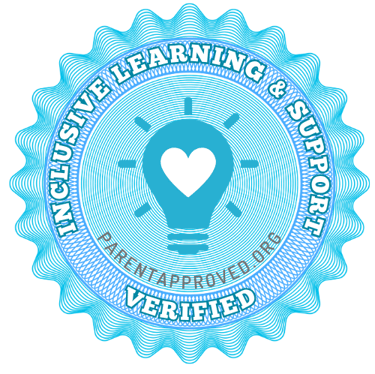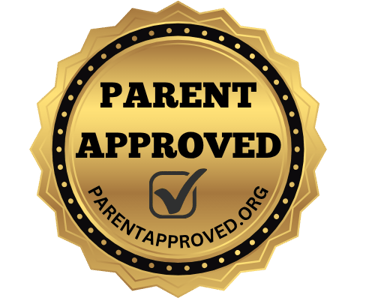Inclusive Learning & Support
$100 / year (Annual Review)


Badge Description:
Designed for programs that support neurodiverse learners and students with unique abilities, this badge reflects a commitment to accessibility, compassion, and individualized growth.
Eligibility Criteria:
To earn the Inclusive Learning & Support Badge, providers must demonstrate a commitment to accessible, compassionate, and individualized learning environments through the following:
Required Components (Must meet all):
Inclusive Enrollment: Program welcomes diverse learners and ensures an accessible, welcoming space.
Supportive Accommodations: Tools or adaptations are available—like sensory aids, visual schedules, or flexible pacing.
Differentiated Instruction: Lessons are adjusted to fit each student’s level, communication style, and strengths.
Positive Behavior Support: Uses affirming strategies that focus on redirection, regulation, and respectful interaction.
Supportive Culture: Promotes empathy, inclusion, and emotional growth through peer kindness and staff modeling.
Suggested Qualifiers (At least 2 recommended):
Visual Aids or Schedules: Use of picture-based instructions, step-by-step checklists, or classroom visual cues to support understanding and routine.
Quiet or Recovery Spaces: Students have access to a calm area when overwhelmed or in need of regulation time.
Small Group or One-on-One Support: Instructional support is provided in smaller settings or with additional adult assistance to meet individual needs.
Choice-Based Learning or Interests Integration: Activities incorporate student interests, preferred learning modes, or allow choice and autonomy within the structure.
Parent or Caregiver Collaboration: Program maintains regular communication with families and encourages feedback to support each child’s success.
Inclusive Education Training & Support: Staff are trained in inclusive practices—including neurodiversity, trauma-informed care, and Florida ESE support—and are familiar with IEPs, 504 plans, and individualized accommodations.
Flexible Pacing or Modified Goals: Students can learn at their own pace with personalized goals instead of being held to uniform benchmarks.
Behavior or Emotional Support Plans: Clear strategies are in place to help children manage anxiety, transitions, outbursts, or attention difficulties with dignity.
Supporting quality education for families and children.
© 2025. All rights reserved.
ParentApproved.org is a program of Positive Energy International, Inc., a registered 501(c)(3) nonprofit organization.
Our verification process is independent and is not affiliated with or endorsed
by Step Up For Students, Florida's Department of Education, or any government agency.
Participation is voluntary and does not imply licensure, state endorsement, or funding eligibility.
Terms and Conditions


CONTACT US: